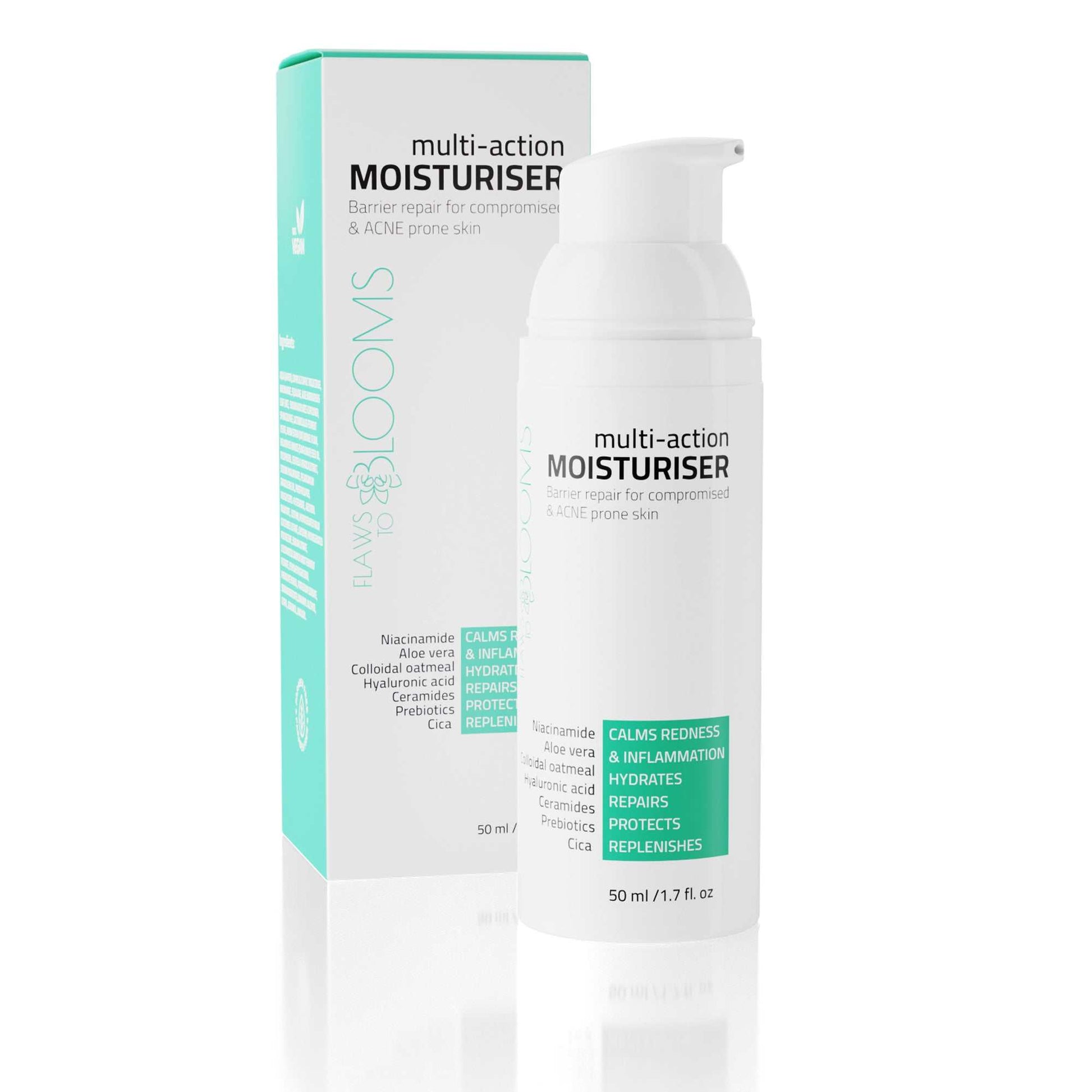Vitamin E: Powerful Antioxidant for Healing and Protecting Skin
Vitamin E or Tocopherol
Vitamin E is a powerful antioxidant that plays a crucial role in skincare, particularly for acne-prone and rosacea-prone skin. Known for its ability to protect the skin from environmental damage, Vitamin E also promotes healing and reduces inflammation, making it a valuable ingredient in skincare routines designed to address acne and rosacea.
Vitamin E’s primary function in skincare is its antioxidant activity, which helps neutralize free radicals caused by UV exposure and pollution. This protection is essential for those with rosacea-prone skin, as free radicals can trigger inflammation and worsen the condition. A study in the Journal of Clinical and Aesthetic Dermatology showed that topical application of Vitamin E significantly reduces inflammation and helps calm the redness associated with rosacea.
For acne-prone skin, Vitamin E offers additional benefits. Acne often results in post-inflammatory hyperpigmentation (PIH) and scarring, which can take time to heal. Vitamin E accelerates the skin’s natural healing process by promoting collagen production and cellular regeneration. A study published in Dermatologic Therapy demonstrated that Vitamin E reduces the appearance of acne scars and helps repair damaged skin.
Moreover, Vitamin E has moisturizing properties that support the skin barrier, an essential function for those with acne and rosacea. Maintaining a strong barrier helps protect the skin from external irritants while keeping it hydrated. Vitamin E, when used in skincare, is often paired with other ingredients like Vitamin C, as research shows that combining these antioxidants boosts their protective effects.
In conclusion, Vitamin E is a vital ingredient for skincare, particularly for individuals with acne and rosacea-prone skin. Its antioxidant, anti-inflammatory, and healing properties make it an effective and gentle addition to any skincare routine.
--------------------
References:
- Thiele, J. J., et al. "The Role of Antioxidants in the Prevention of Photodamage." Journal of Clinical and Aesthetic Dermatology, 10(1), 2017.
- Berson, D. S., et al. "Role of Antioxidants in Acne Treatment." Dermatologic Therapy, 27(5), 2014.
Our products with Vitamin E:
MULTI-action moisturiser
Flaws to Blooms
Face Moisturiser, Hydrating Acne Cream with Ceramides & Niacinamide
Share
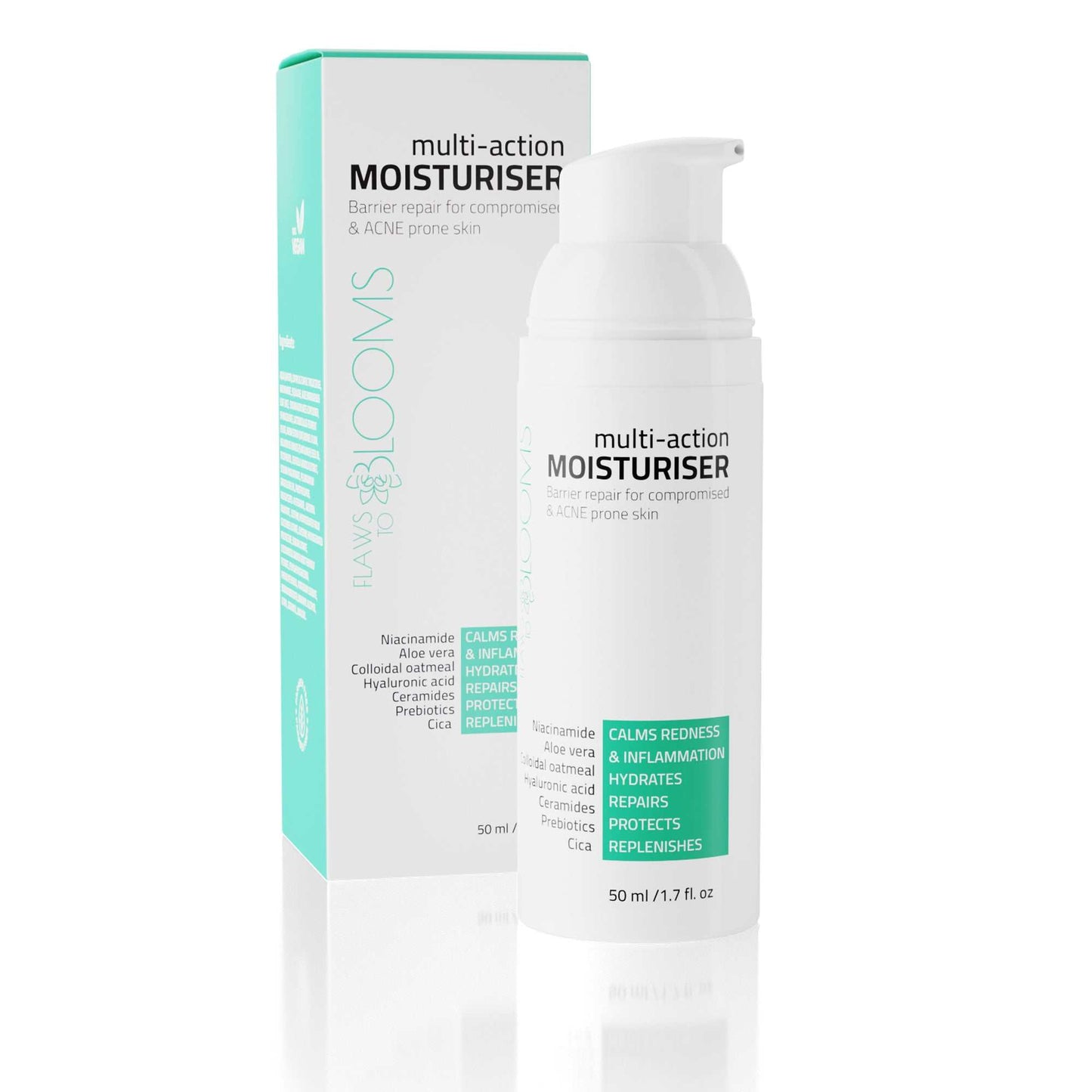
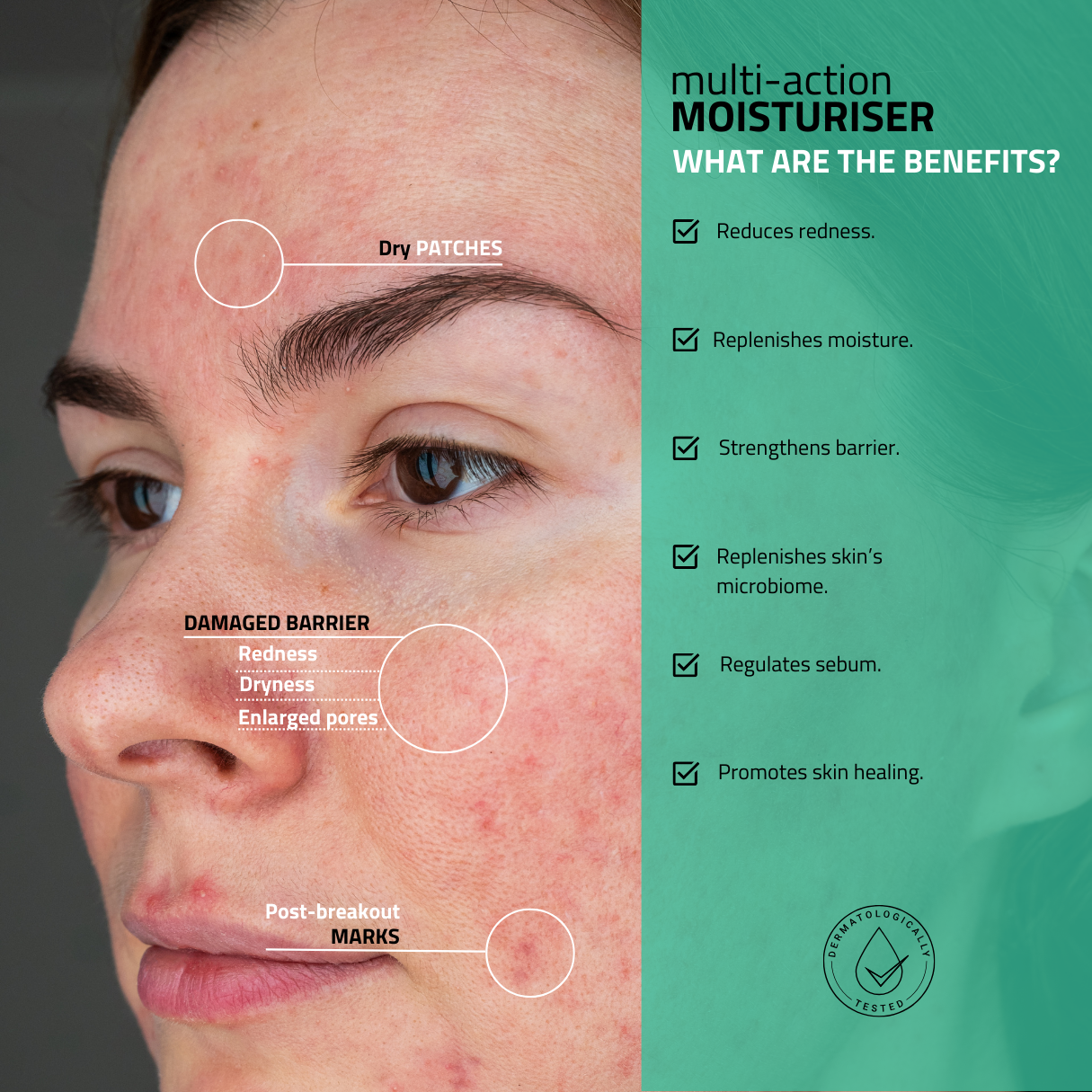
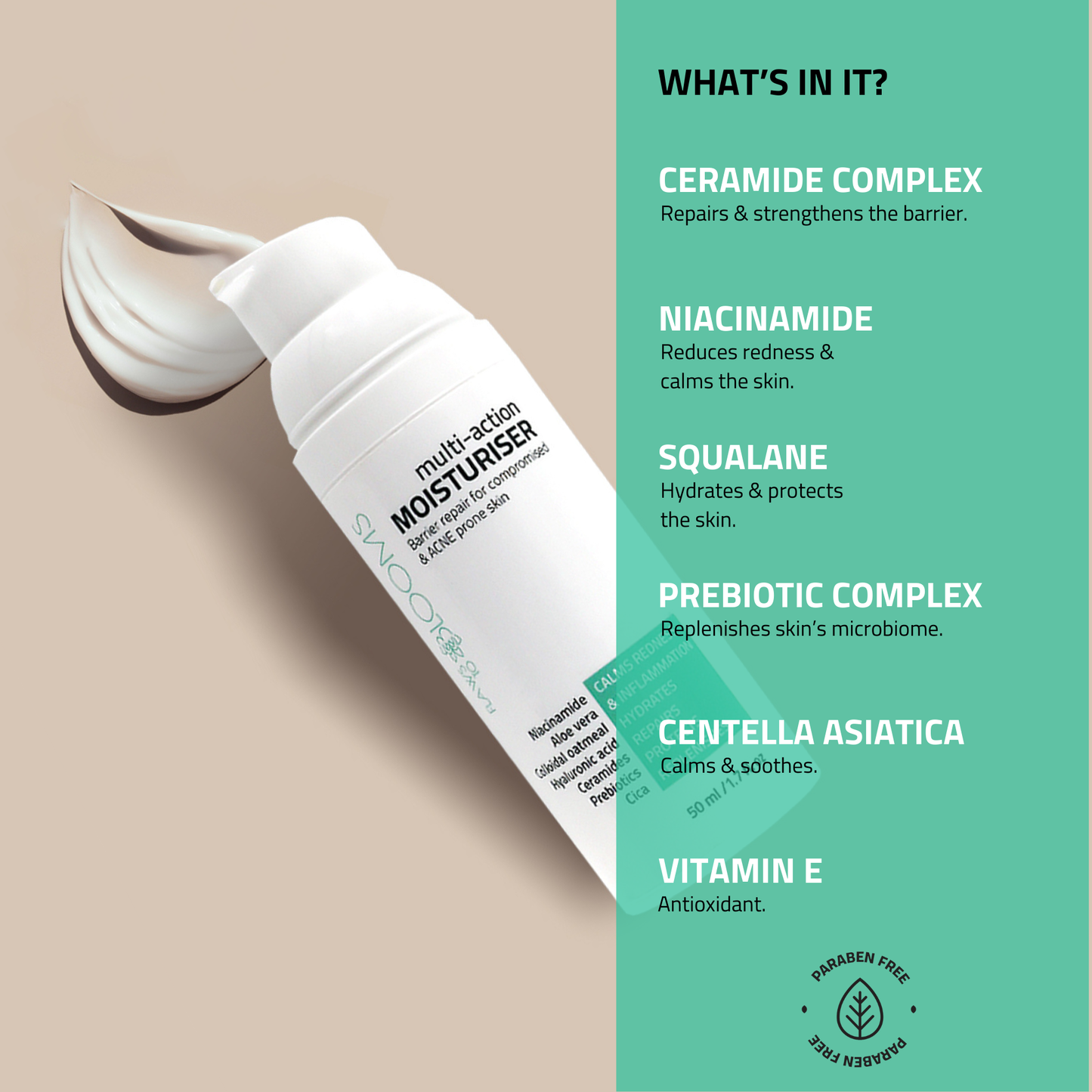
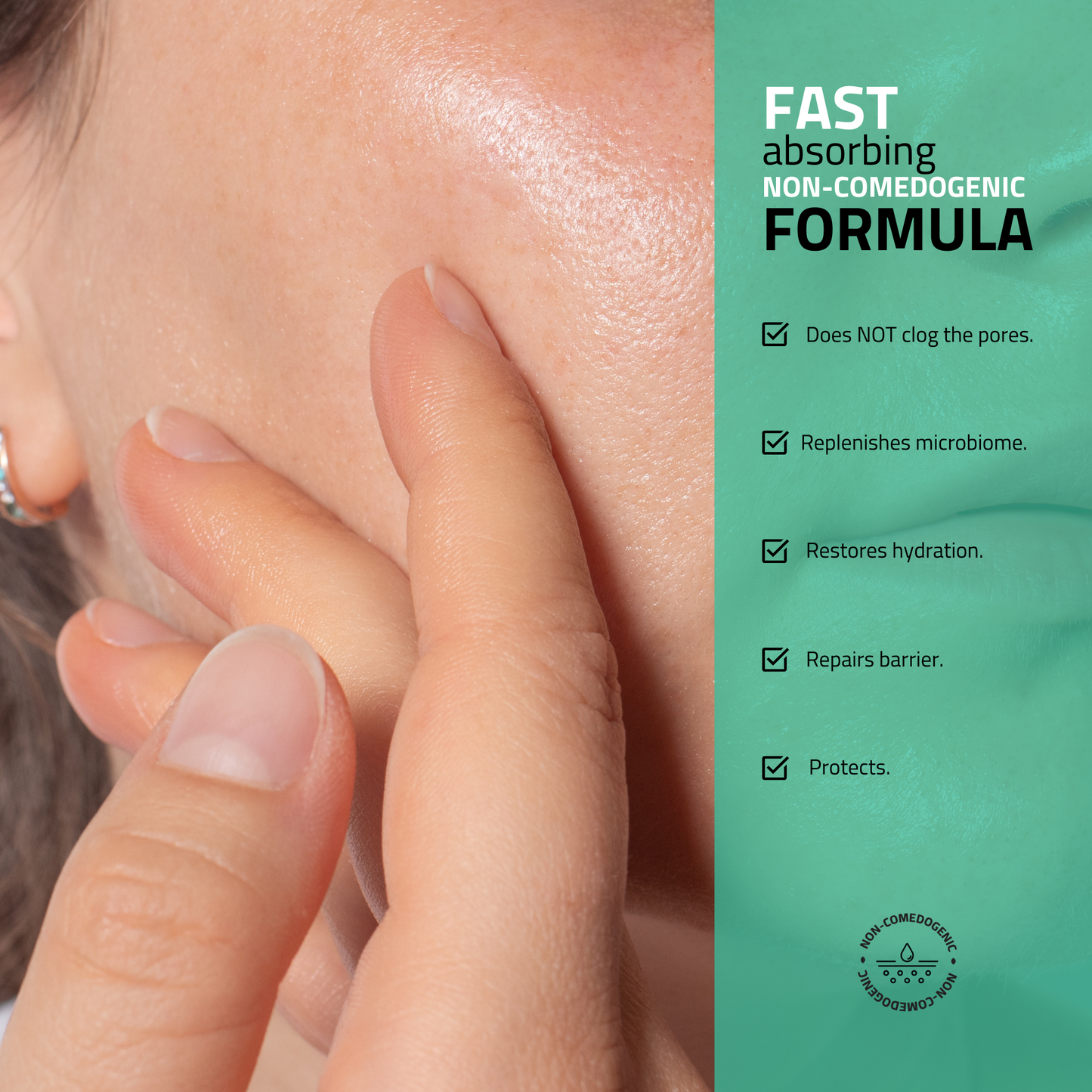
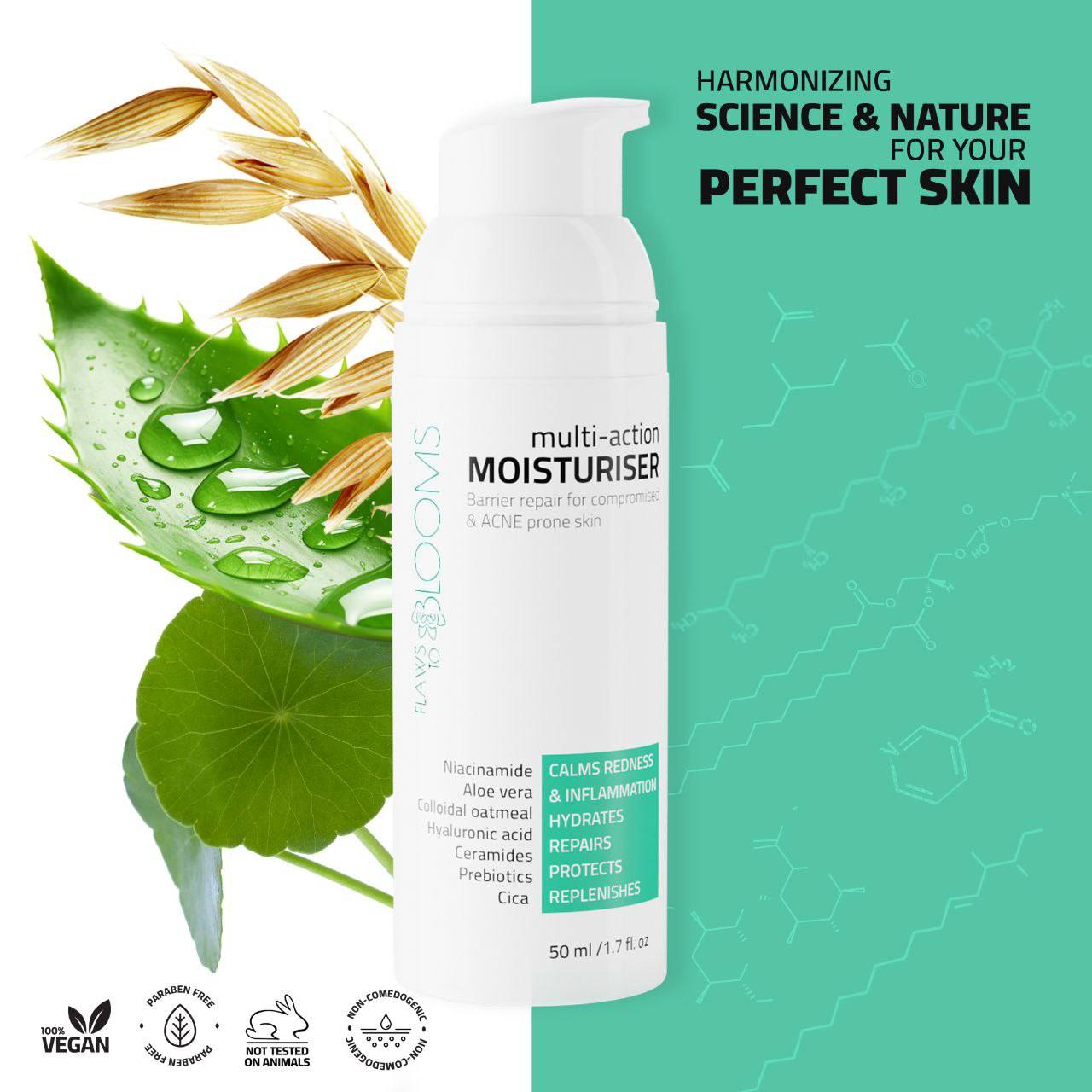
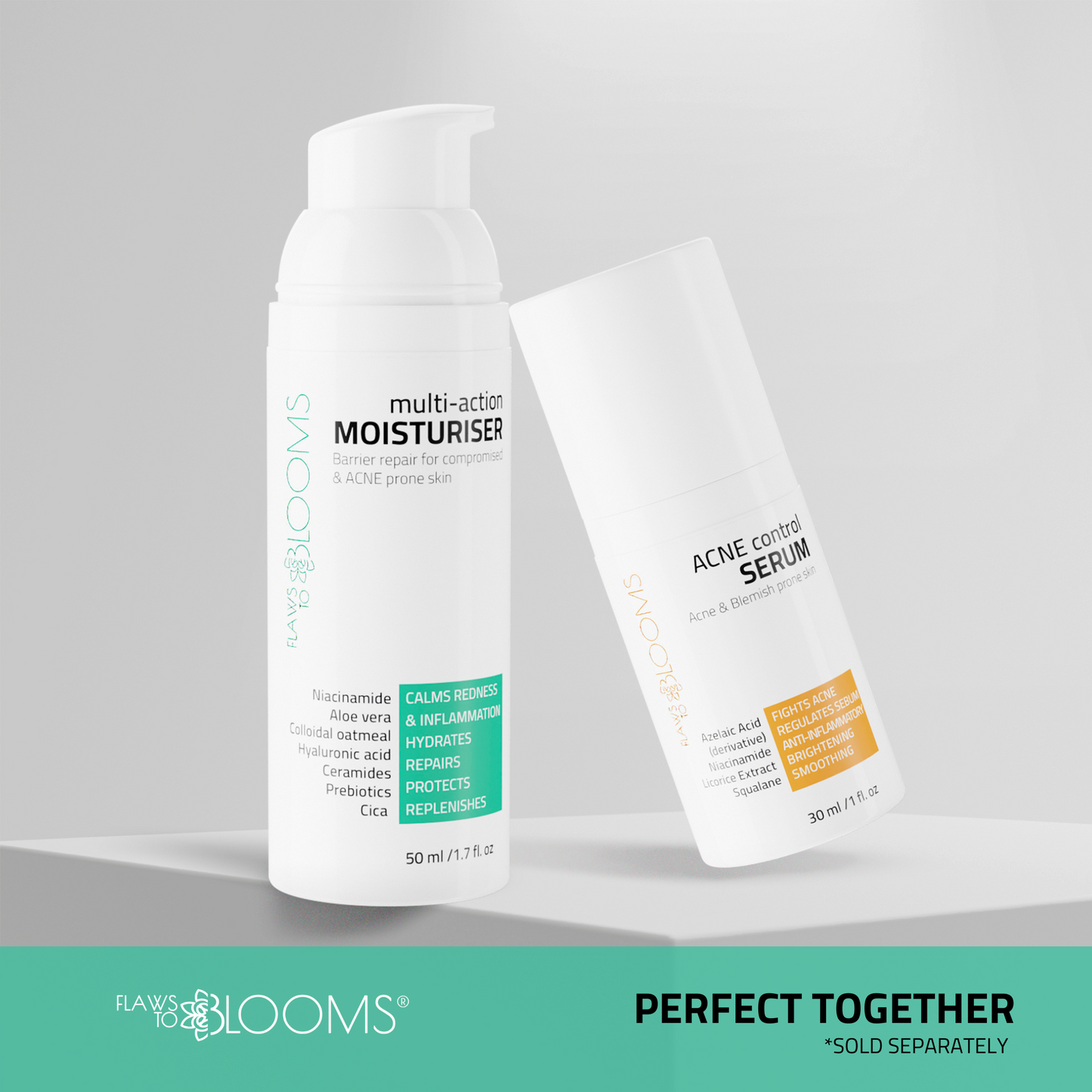
Blog posts
View all-
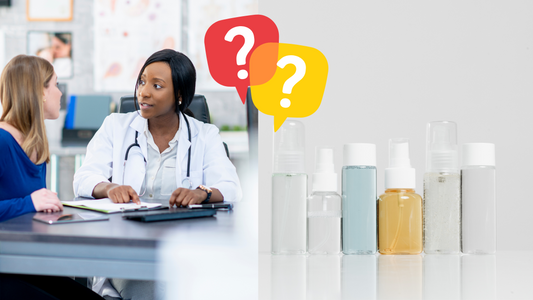
When Skincare Isn’t Enough: Knowing When to See...
If you're diligently following a skincare routine, using all the right ingredients—salicylic acid, azelaic acid, niacinamide, and more—but your acne still won't budge, you’re not alone. While effective skincare can...
When Skincare Isn’t Enough: Knowing When to See...
If you're diligently following a skincare routine, using all the right ingredients—salicylic acid, azelaic acid, niacinamide, and more—but your acne still won't budge, you’re not alone. While effective skincare can...
-

Acne-Friendly Makeup Tips: Enhance Your Beauty ...
Makeup for acne-prone skin doesn't have to be a challenge. By choosing the right products and adopting careful application methods, you can enjoy a beautiful makeup look without harming your...
Acne-Friendly Makeup Tips: Enhance Your Beauty ...
Makeup for acne-prone skin doesn't have to be a challenge. By choosing the right products and adopting careful application methods, you can enjoy a beautiful makeup look without harming your...
-
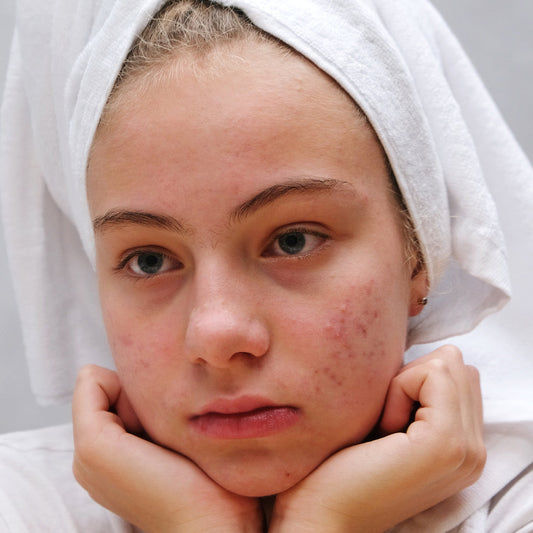
Common Mistakes in Acne Skincare Routines: The ...
Managing acne requires a balanced and gentle approach to skincare. Avoiding common mistakes like over-cleansing, skipping moisturizer, and using harsh treatments can significantly improve your skin's health. Remember, moisturizing and...
Common Mistakes in Acne Skincare Routines: The ...
Managing acne requires a balanced and gentle approach to skincare. Avoiding common mistakes like over-cleansing, skipping moisturizer, and using harsh treatments can significantly improve your skin's health. Remember, moisturizing and...


